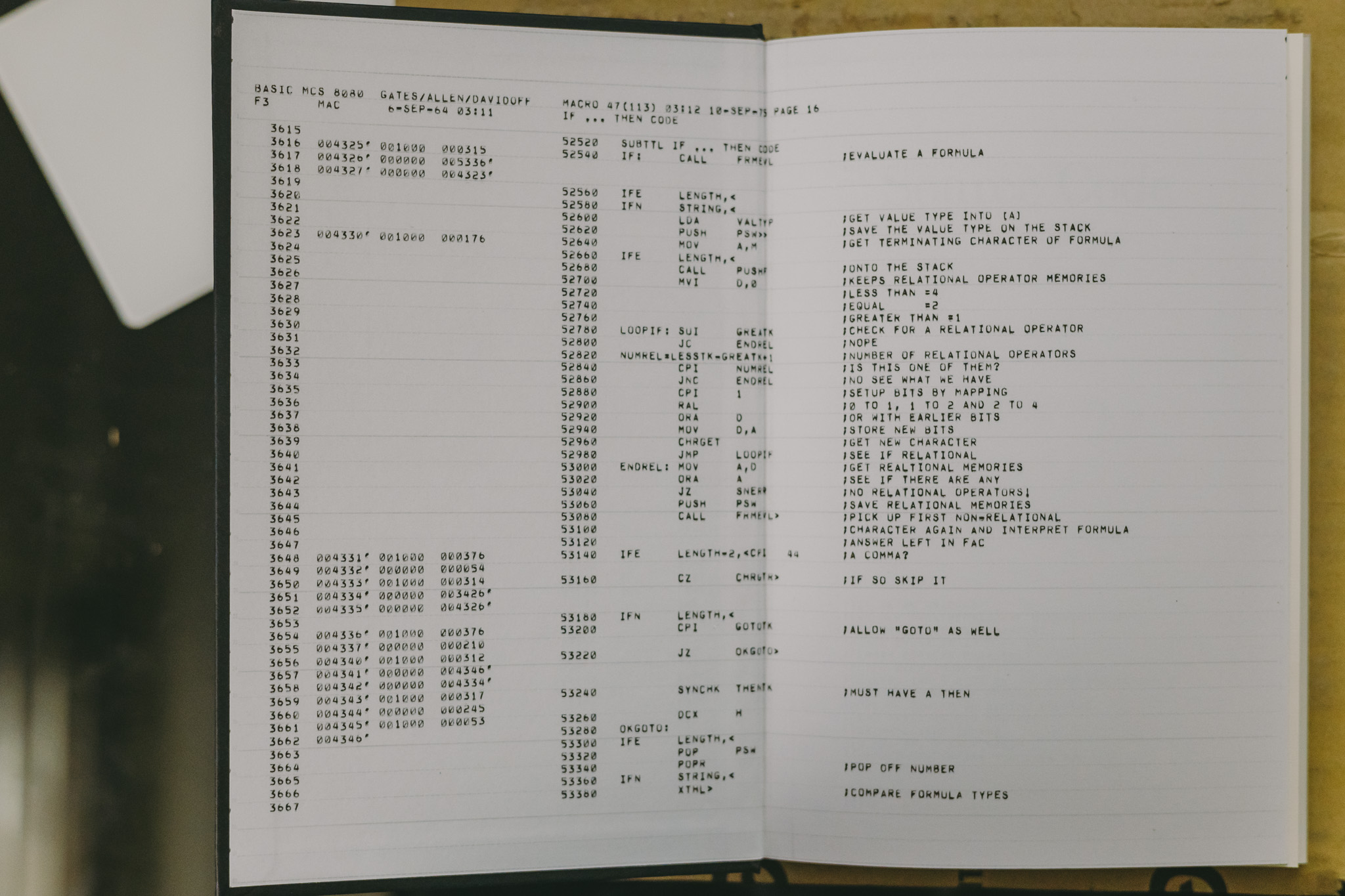Fluentd Use Case
exec 플러그인 활용하기
in_exec 플러그인을 활용하면 사용자가 수집하고자 하는 정확한 정보를 만들어내서 수집할 수 있다.
linux_free
linux 모니터링 명령어인 free 의 결과를 주기적으로 수집해본다.
데이터 소스 스크립트
vi /app/fluentd/scripts/free.sh
#!/bin/bash
DATE=date "+%Y-%m-%d %H:%M:%S"
DATA=free -k | grep "Mem:" | awk '{print $2,$3,$4,$5,$6,$7}'
echo $DATA $DATE
fluentd config
# linux_free
## Input
@type exec
command /app/fluentd/scripts/free.sh
@type regexp
expression /^(?\d+)\s+(?\d+)\s+(?\d+)\s+(?\d+)\s+(?\d+)\s+(?\d+)\s+(?.*)$/
tag "exec.free.#{Socket.gethostname}"
run_interval 3s
time_key time
time_format %Y-%m-%d %H:%M:%S
## Filter
@type record_transformer
hostname "#{Socket.gethostname}"
## Output
@type copy
#
# @type stdout
# include_tag_key true
# include_time_key true
#
@type elasticsearch
hosts 192.168.179.81:9200,192.168.179.82:9200,
logstash_format true
logstash_prefix linux_free
logstash_dateformat %Y%m%d
include_tag_key true
tag_key @log_name
flush_interval 3s
linux_vmstat
linux 모니터링 명령어인 vmstat의 결과를 주기적으로 수집해본다.
데이터 소스 스크립트
vi /app/fluentd/scripts/vmstat.sh
#!/bin/bash
vmstat -t | grep -v "^procs" | grep -v -P "^\s+r"
fluentd config
# linux_vmstat
## Input
<source>
@type exec
command /app/fluentd/scripts/vmstat.sh
<parse>
@type regexp
expression /^(?<procs_r>\d+)\s+(?<procs_b>\d+)\s+(?<memory_swpd>\d+)\s+(?<memory_free>\d+)\s+(?<memory_buff>\d+)\s+(?<memory_cache>\d+)\s+(?<swap_si>\d+)\s+(?<swap_so>\d+)\s+(?<io_bi>\d+)\s+(?<io_bo>\d+)\s+(?<system_in>\d+)\s+(?<system_cs>\d+)\s+(?<cpu_us>\d+)\s+(?<cpu_sy>\d+)\s+(?<cpu_id>\d+)\s+(?<cpu_wa>\d+)\s+(?<cpu_st>\d+)\s+(?<time>.*)$/
</parse>
tag "exec.vmstat.#{Socket.gethostname}"
run_interval 3s
time_key time
time_format %Y-%m-%d %H:%M:%S
</source>
## Filter
<filter exec.vmstat.**>
@type record_transformer
<record>
hostname "#{Socket.gethostname}"
</record>
</filter>
## Output
<match exec.vmstat.**>
@type copy
#<store>
# @type stdout
# include_tag_key true
# include_time_key true
#</store>
<store>
@type elasticsearch
hosts 192.168.179.81:9200,192.168.179.82:9200,
logstash_format true
logstash_prefix linux_vmstat
logstash_dateformat %Y%m%d
include_tag_key true
tag_key @log_name
flush_interval 3s
</store>
</match>
linux_who
linux 모니터링 명령어인 who의 결과를 주기적으로 수집해본다.
데이터 소스 스크립트
vi /app/fluentd/scripts/who.sh
#!/bin/bash
who | awk '{print $0, strftime("%Y-%m-%d %H:%M:%S")}'
fluentd config
# linux_who
## Input
<source>
@type exec
command /app/fluentd/scripts/who.sh
<parse>
@type regexp
expression /^(?<NAME>\S+)\s+(?<LINE>\S+)\s+(?<TIME>\S{3}\s\d+\s\d{2}:\d{2}+)\s+(?<COMMENT>\S+)\s+(?<time>.*)$/
</parse>
tag "exec.who.#{Socket.gethostname}"
run_interval 3s
time_key time
time_format %Y-%m-%d %H:%M:%S
</source>
## Filter
<filter exec.who.**>
@type record_transformer
<record>
hostname "#{Socket.gethostname}"
</record>
</filter>
## Output
<match exec.who.**>
@type copy
#<store>
# @type stdout
# include_tag_key true
# include_time_key true
#</store>
<store>
@type elasticsearch
hosts 192.168.179.81:9200,192.168.179.82:9200,
logstash_format true
logstash_prefix linux_who
logstash_dateformat %Y%m%d
include_tag_key true
tag_key @log_name
flush_interval 3s
</store>
</match>


